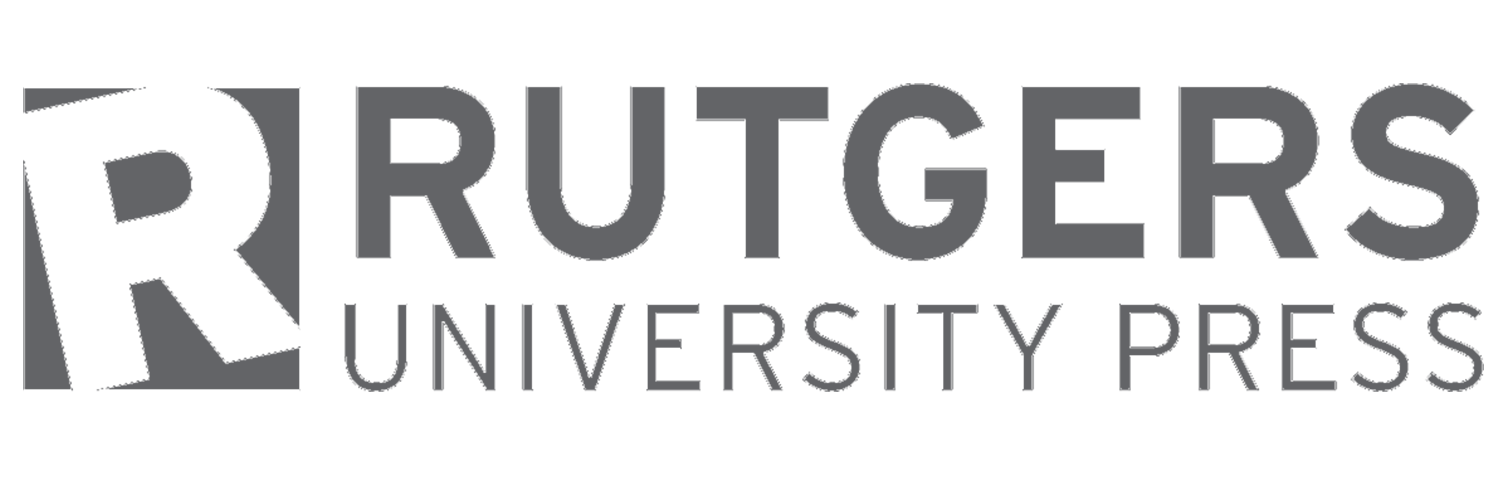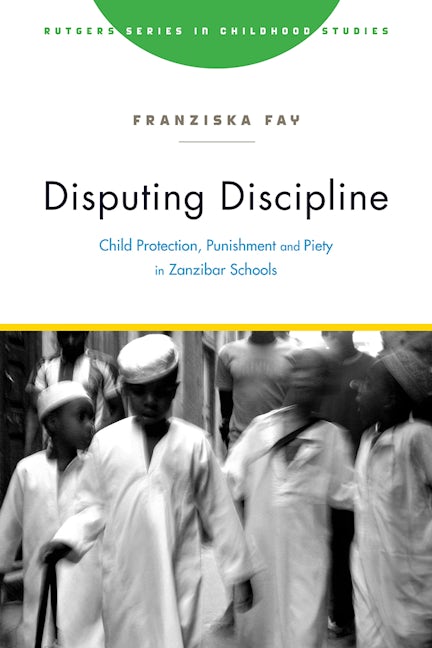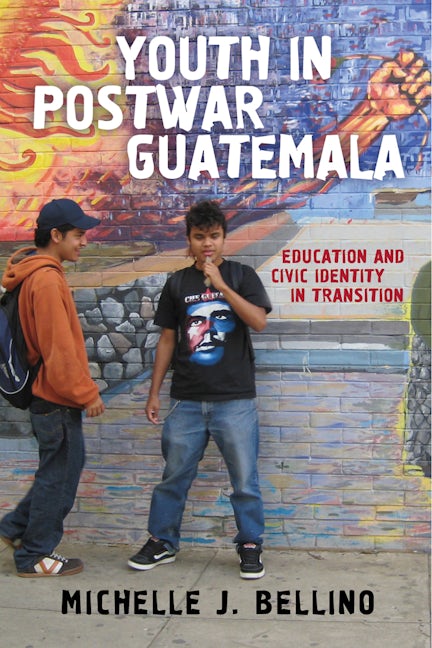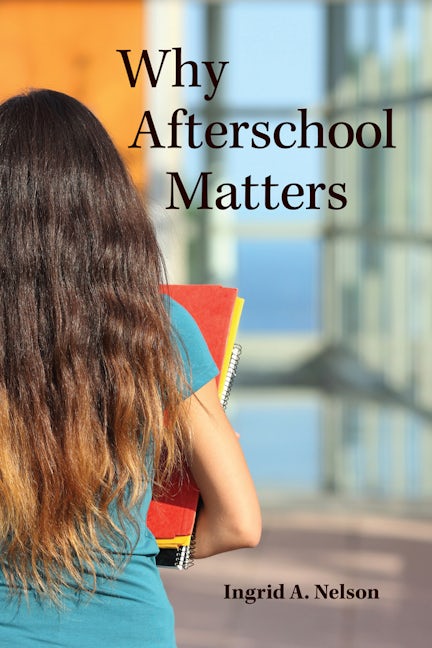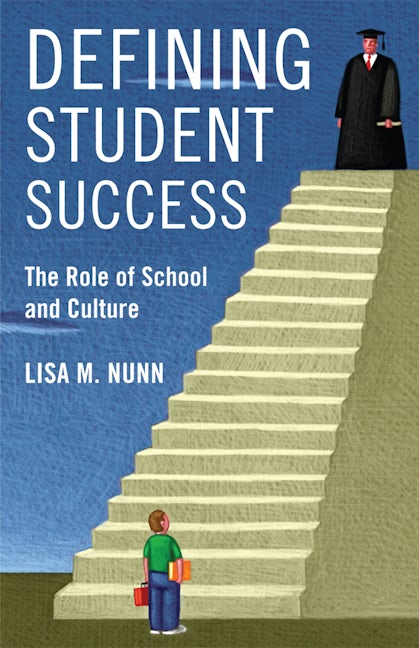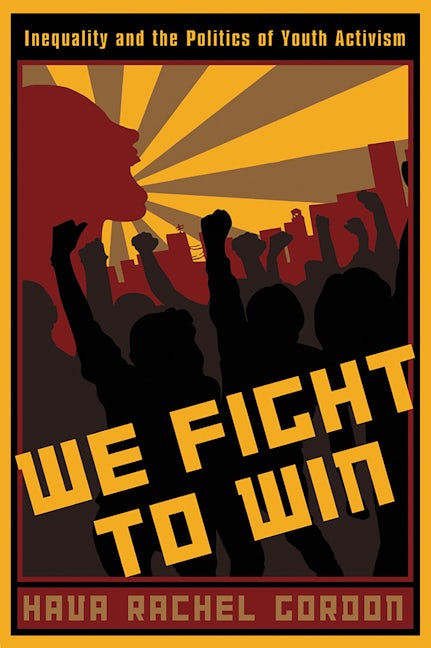Between Self and Community investigates the early childhood socialization process in a rapidly changing, globalizing South Korea. Based on long-term ethnographic fieldwork in a South Korean preschool, it shows how both children and teachers interactively navigate, construct, and reconstruct their own multifaceted and sometimes conflicting models of what makes “a good child” amid Korea’s shifting educational and social contexts. Junehui Ahn details the conflicting and competing ways in which the ideologies of new personhood are enacted in actual everyday socialization contexts and reveals the confusions, dilemmas, and ruptures that occur when globally dominant ideals of childhood development are superimposed onto local experiences. Between Self and Community pays special attention to the way children, as active agents of socialization, create, construe, and sustain their own meanings of their personhood, thereby highlighting the dynamism children and their culturally rich peer world create in South Korea’s shifting socialization terrain.
Note on Transcription and Romanization
1 Introduction: A Journey into the Shifting South Korean Socialization Landscape
2 New Personhood and Transformation of South Korean Early Childhood Socialization
3 “Why Don’t We Find a Unique Self Concept Developing in Our Children?”: The Heterogeneous and Conflicting Socialization Landscape
4 “I Want to Copy My Best Friend’s Artwork”: Expressions and Social Relationships in Children’s Peer World
5 “Maybe We’re Not Wrong”: Communal Creativity and Multidirectionality of Learning
6 Conclusion: A Journey and Beyond
Acknowledgments
Notes
References
Index
